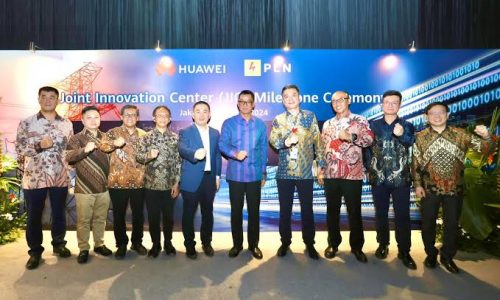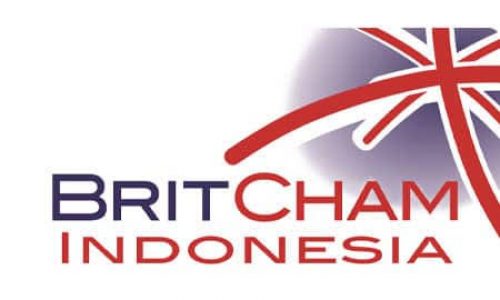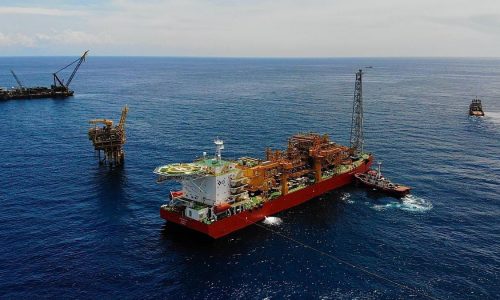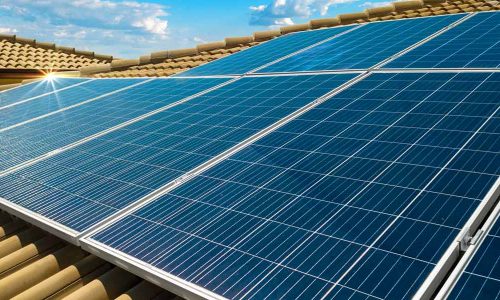Indonesia’s dream of becoming a manufacturing hub for pharmaceutical and medical equipment industry is gradually becoming a reality with the influx of Chinese investment in the healthcare sector, thanks to various incentives provided by the government.
These incentives include fiscal stimulus and government procurement guarantees through the Domestic Product Utilization Enhancement (P3DN) program, which aims to fulfill domestic healthcare industry needs.
The Ministry of Health has progressively increased its post-pandemic healthcare equipment spending budget, reaching Rp3.2 trillion (US$202.6 million) in 2022 and rising to Rp10 trillion (US$633 million) in 2023.
Health Minister Budi Gunadi Sadikin has ensured that spending on domestic healthcare equipment will be increased through both the State Budget (APBN) allocation and foreign loans.
“Last year [2023], I increased the budget for healthcare equipment to Rp10 trillion, and next year [2024] it might be around Rp14-15 trillion. We will disburse a US$4 billion loan from the World Bank for the next 3-4 years,” Budi said.
He urged both foreign and domestic investors not to hesitate to invest and expand their businesses in the healthcare sector, especially to meet the limited domestic medical equipment needs.
Indonesia is noted for its significant potential in healthcare expenditure, with an average per capita spending of US$142 per year and an average lifespan of 72 years. Budi emphasized that as more companies develop manufacturing in Indonesia, the country will readily purchase from them to meet healthcare demands. This not only serves as protectionism, but also aims to address healthcare needs.
Furthermore, the Indonesian Ministry of Industry sees substantial potential in the Indonesian medical equipment industry. In 2023, the Indonesian medical equipment industry contributed US$209.4 million or around Rp3.3 trillion in foreign exchange earnings.
Minister of Industry Agus Gumiwang Kartasasmita said the Indonesian medical equipment industry is experiencing rapid growth, with its market value at US$3.5 billion or Rp54.7 trillion in 2021 and expected to grow to US$6.5 billion or approximately Rp101 trillion by 2026.
Indonesia aims to become an attractive destination for healthcare equipment investors. In recent years, there has been a significant increase in the number of healthcare equipment manufacturers operating in Indonesia, which could reduce the country’s dependency on imported healthcare and pharmaceutical products.
The government has provided various incentives, including Tax Holiday and Mini Tax Holiday schemes, to encourage investment in the sector. These schemes offer income tax reductions for new investments and expansions. Moreover, there is a Tax Allowance facility, providing a reduction in taxable income based on the size of the investment made in specific domains and business regions.
In addition, the Super Deduction Tax, offering up to a 300 percent reduction in gross income, is granted to companies involved in vocational education programs, research, and development to foster innovation.
The Indonesian Medical Device Manufacturers Association (Aspaki) attributes the growth of the national medical equipment industry to government spending. Increased government spending on the healthcare industry enhances business optimism and productivity. Aspaki Secretary-General Cristina Sandjaja said that government spending can boost production capacity, product development through Research & Development (R&D), and global market exposure.
Currently, only about 30 percent of the medical equipment market is supplied by local products, indicating a need for government policy intervention and stimulus.
With the government’s stimulus measures, it’s no surprise that investors are increasingly interested in the sector.
For instance, Chinese medical equipment manufacturer Virtue Diagnostics has invested US$10 million in building an In Vitro Diagnostics (IVD) factory in Indonesia. This factory produces healthcare equipment used for specimens from the human body, such as blood and hair. In the future, they plan to produce 1,000 instrument units per year and 6,000 liters of reagents per day.
Similarly, PT Esa Medika Mandiri (ESA Group) collaborates with Weigao International Holding Corporation Pte. Ltd. (WEIGAO Group) to build a surgical thread factory in Indonesia with international standards. Both companies are investing US$3 million in the factory construction, with an initial investment of US$1.5 million.
These healthcare equipment products resulting from collaboration will be exported to other ASEAN countries, contributing to Indonesia’s aspiration to produce healthcare products for global use.









